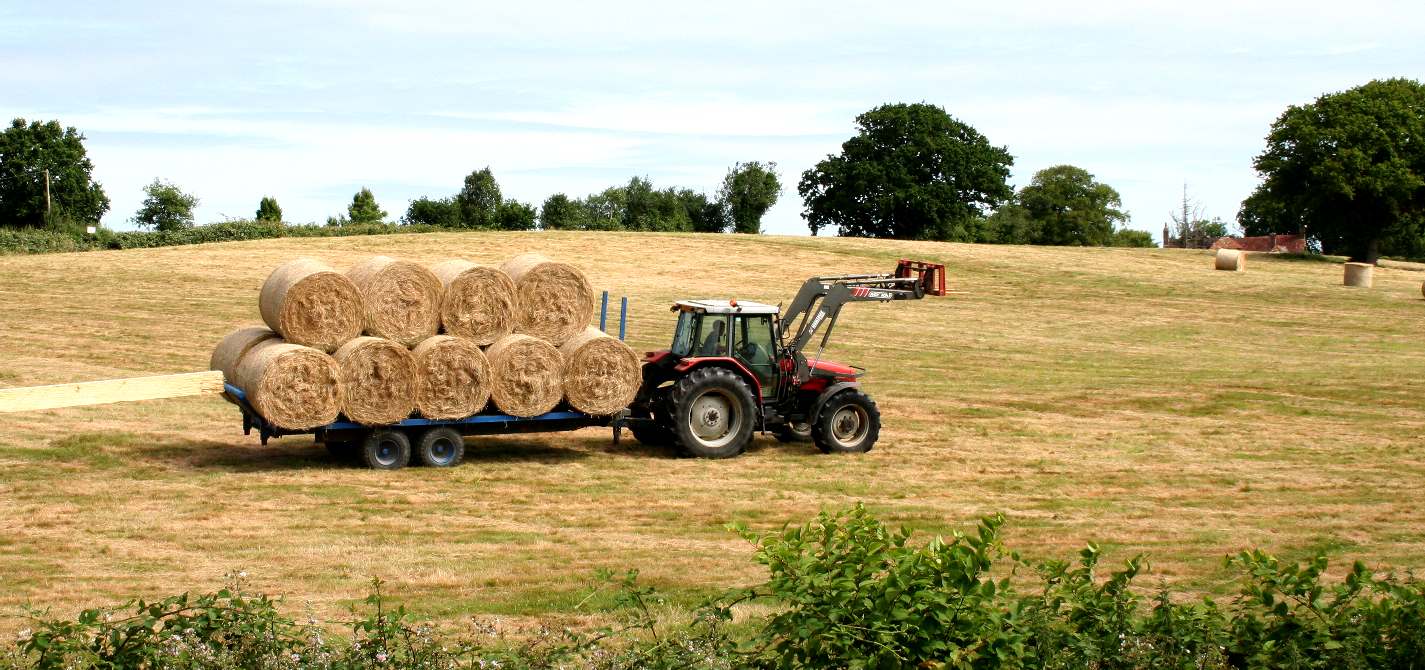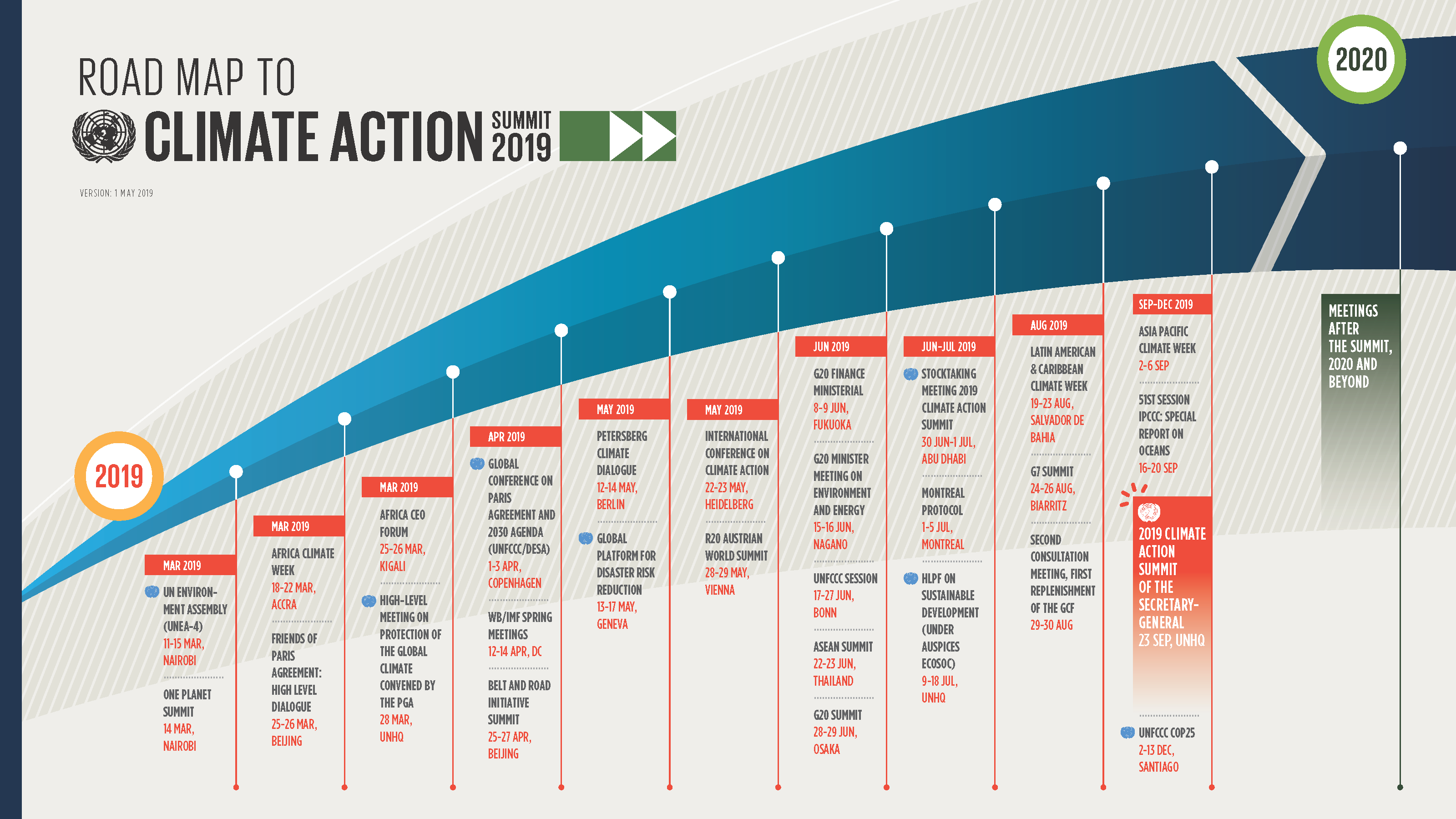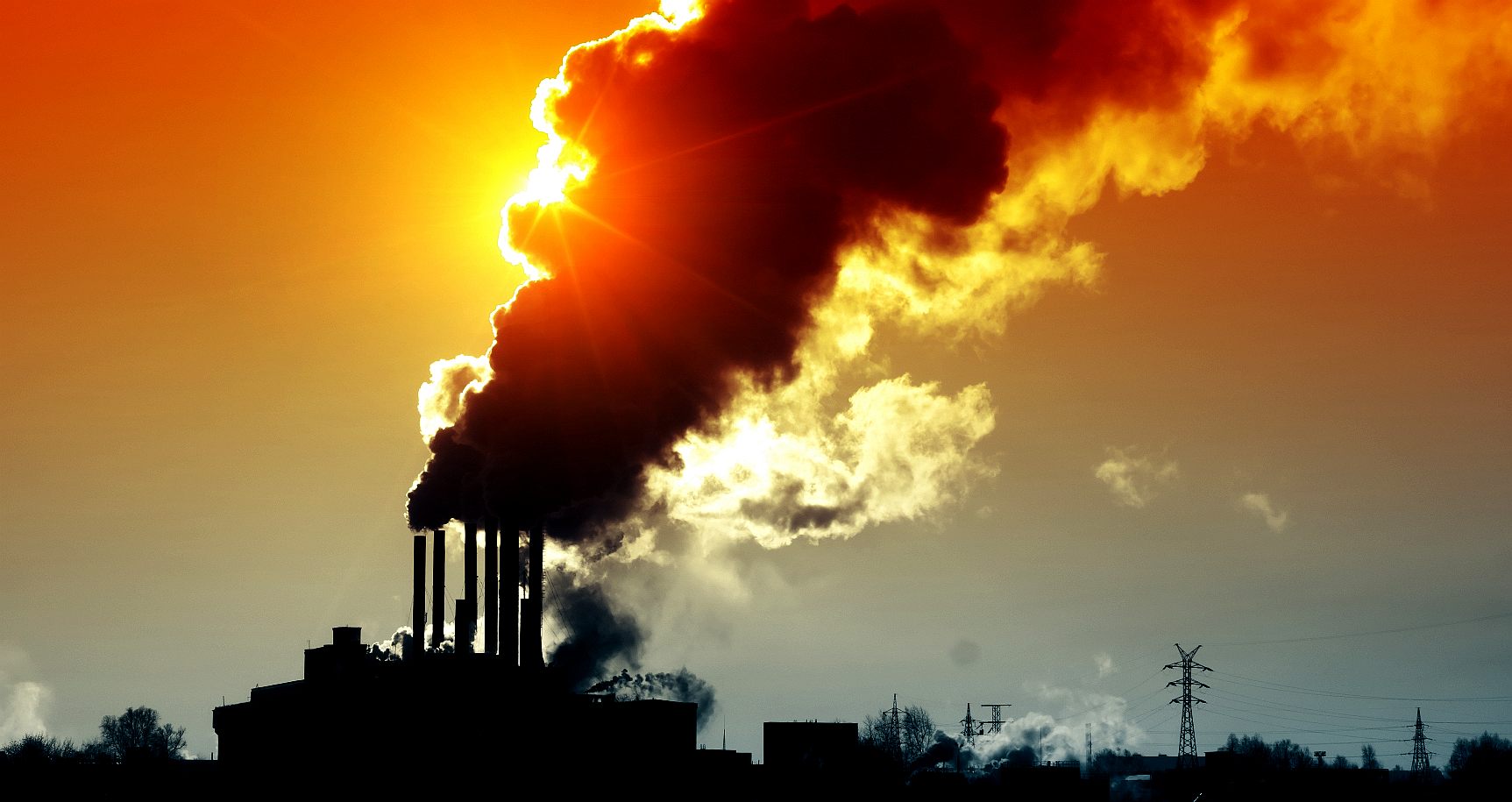|
FOOD SECURITY
Please use our A-Z INDEX to navigate this site where page links may lead to other sites
|
FARMING - The backbone of any society is the production of food to feed the population, though these days much of what we eat is imported from other producers, such as fish farmed in Asia, around 60% is home grown. That is a good thing because we can no longer find enough fish locally having exhausted our fisheries. Agriculture is also changing where we have drained the soil for so long with artificial fertilizers that yields will fall, meaning a shift to obtaining protein from the sea - but unfortunately we are disposing of around 8 millions tons of plastic in our seas - poisoning marine life that we need to keep us nourished. Food security is therefore high on the United Nations agenda via the Food and Agriculture Organization. This picture was taken in the summer of 2017. This land is set to be built on with more climate unfriendly houses in Sussex.
Food is essential for life for all animals on earth. The problem being that we now need more food for our growing population and we have to magic this from less farm land.
There are also fewer wild fish in the ocean because of overfishing and pollution, meaning that we have to farm fish, but even then the feed for such farming derives from fish meal or other protein sources, making it a less efficient way of feeding the world.
Making sure that we have enough food for everyone is the challenge. We need safe and reliable supplies of food, hence the term Food Security where at the moment we have Food Insecurity from desertification and waning fish stocks.
You may have noticed the shelves at your supermarket are not as well stocked as before.

HAPPY HUNTING - Hannibal hopes you like his tasty recipes, putting family before politicians, corporate climate deniers and friends. Basically, a survival guide for when farming breaks down - and it's everyone for themselves.
DIRE STRAIGHTS
As the situation worsens, you may like to think on what humans tend to resort to when there is no other food source for survival. History has shown us that when no other food is available, we eat each other, as many other animals do. We are not unusual.
Cannibalism has almost disappeared, but could make a return as civilization breaks down because of water and food shortages. At that stage, neighbours might be viewed as livestock, or hunting allies. Those not well thought of, or unable to defend themselves are sure to be eaten first. But it is the politicians who failed us, who are most likely to be devoured preferentially. So ridding the starving masses of the cause of their plight. Or in Hannibal Lecter terms, the free range rude. In this case the wealthy leaches of society.
Apparently, human flesh tastes like pork and veal, according to accounts of the pies being sold in London, by Margery Lovett and Sweeney Todd, the demon barber of Fleet Street.
SIX STEPS TOWARD A SECURE FOOD FUTURE
1. TRANSPORT: Phase out polluting vehicles. Government aims to end the sale of new petrol, and diesel vehicles by 2040 but have no infrastructure plan to support such ambition. Marine transport can be carbon neutral.
2. RENEWABLES: Renewable energy should replace carbon-based fuels (coal, oil and gas) in our electricity, heating and transport.
3. HOUSING: On site micro or macro generation is the best option, starting with new build homes.
4. AGRICULTURE: We need trees to absorb carbon emissions from a growing population, flying, and to build new homes. Reducing food waste and promoting less energy intensive eating habits such as no meat Mondays.
5. INDUSTRY: Factories should be aiming for solar heating and onsite renewable energy generation.
6. POLITICS: - National governing bodies need to adopt policies to eliminate administrative wastages, to include scaling down spending on war machines, educating the public and supporting sustainable social policies that mesh with other cultures. Curbing kleptocratic councils.
LINKS & REFERENCE
https://www
|
|
This website is provided on a free basis as a public information service. copyright © Climate Change Trust 2021. Solar Studios, BN271RF, United Kingdom.
|


